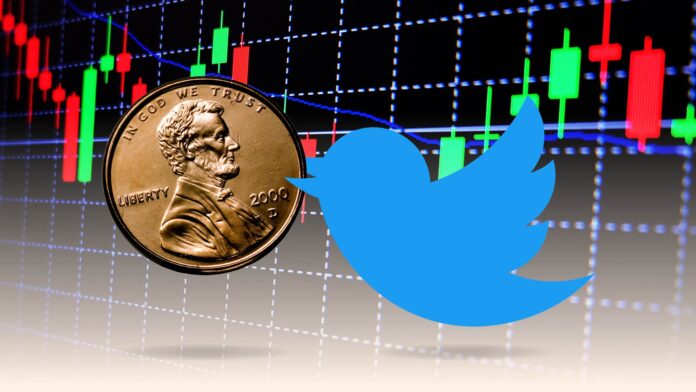There have been countless scientific research papers written about mankind’s innate need to feel like they belong to something, and most come to the same conclusion: the ‘belongingness theory’ is very much a true psychological phenomenon.
It explains why people join gangs, community groups, sewing clubs and so on, and helps to reveal why a whole subculture of traders, speculating on price movements in stocks and shares, foreign currency (forex) and other assets, has emerged on social media.
The reasons for that are diverse and individual. After reading a forex trading for dummies style guide, many want to continue their education on the topic by following like-minded people and ‘experts’ on Twitter and other platforms. Others enjoy the interaction of the online trading community, building bonds and taking encouragement on those inevitable days where investments take a turn for the worse when the market contracts.
Of course, there’s also the very modern behaviour patterns – the desire of people to share, well, pretty much everything with strangers online, and create an image of themselves that is distorted and, often, untrue. A piece in The Guardian entitled ‘The Wolves of Instagram’ revealed the lengths that some will go to in order to present themselves as rich and successful… whether that is the reality or not.
As ever online, all that glitters isn’t always golden in the social media trading community, but it would be wrong to suggest that the ‘belongingness’ of interacting with like-minded forex traders cannot be beneficial.
The science of shared experience
Scientists have found that, along with wanting to feel a part of a group, human beings also crave shared experiences.
It’s another reason why so many traders flock to Twitter, Facebook, Reddit and the like, and you sense
it’s as much to do with encouragement – and affirmation – as anything else.
If a trader sees a fellow forex investor posting screenshots of ‘green’ trades, they perhaps feel happiness for their peer, but more importantly, it reinforces the notion that there is money to be made in trading foreign currencies, stocks and the like. If they can do it, why can’t I?
There’s also a flipside. If a trader suffers a losing day or is low in confidence, they can head online and seek solace in the losses of others too.
For the most part, there is nothing wrong with these shared experiences, but the problem in the trading community on social media sites is that, well, everybody seems to be making money every day… whether that’s actually true or not.
Guru syndrome
The phrase ‘guru syndrome’ typically refers to a narcissistic individual that is obsessed with the notion of passing themselves off as an expert on something – and sharing the divinity of their wisdom with their adoring followers.
There’s absolutely no doubt that social media has powered the rise of the ‘online guru’, and the issue here is that it seems as though anybody can create an image of themselves as an expert in trading – simply photoshop a few green trading screens, share images of their brand-new Ferrari (often hired for the day, rather than acquired outright) and so on – simply by massaging the truth.
Many of us are vulnerable to feeling enthralled by false prophets on social media, and the truth is that while many fledgling traders want to make money, those that do are considered deities – even if some quick research would bring the smoke-and-mirrors of their success crashing down like a house of cards.
Perhaps investors should instead deify those forex trading experts that add genuine value to their experience – be it through informative videos and content, educational material, real-time examples of trades, genuine signals that are backed by research, data sharing… whatever it may be, why not treasure those that offer actionable inputs rather than screenshots of them trying on a new Giorgio Armani suit?
Signal selling influencers
While we can have some sympathy for the reasons behind why narcissistic gurus crave attention and affirmation, one scourge of the trading world that cannot be empathised with are signal sellers.
These are people who claim to be ‘in the know’ – thus sharing some characteristics of the guru – and who are willing to share their inside information with their followers… usually at a price.
As ever in the world of online experts, ask yourself what are this person’s credentials? How have they gained this supposed edge on the market? If their signals are so good, why aren’t they keeping them secret for their own benefit?
To wrap up, there is absolutely no harm in engaging in the trading subculture that is prevalent on social media. However, consider what you are looking to get out of the experience… and be wary of those individuals that it’s best to avoid like the plague.







